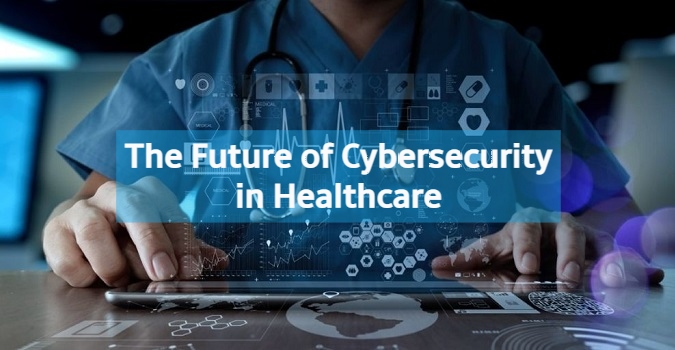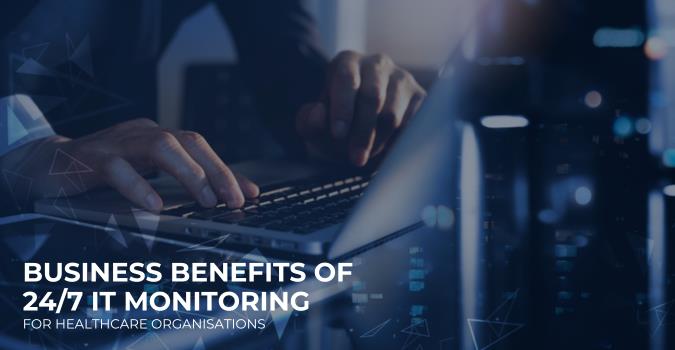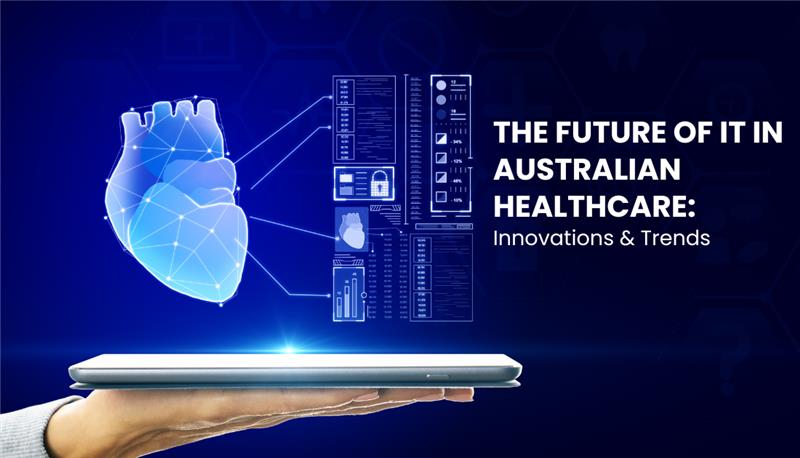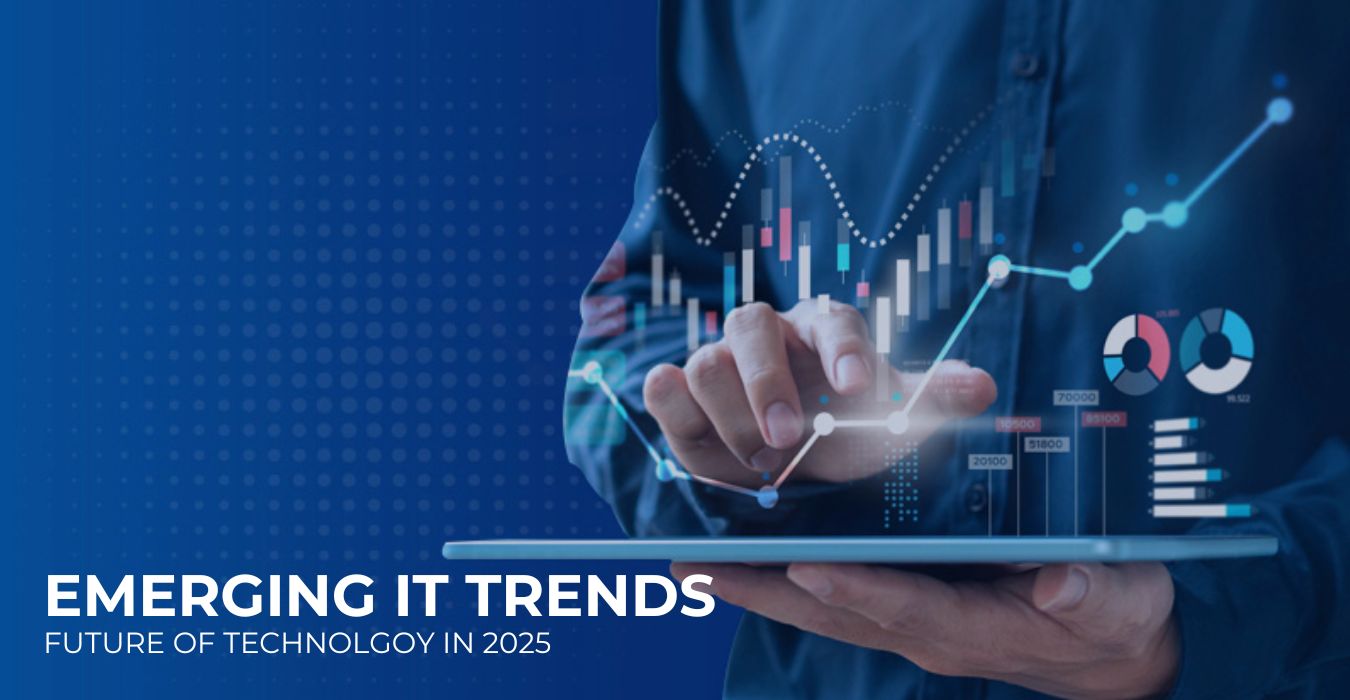Healthcare organisations rely on robust IT systems to manage patient records, facilitate telemedicine and support…

The Future of Cybersecurity in Healthcare Industry
As technology continues to evolve at an unprecedented rate, the healthcare industry has not been left behind. From the use of electronic health records (EHRs) to telemedicine, technology has greatly transformed how healthcare services are delivered. However, with increased reliance on technology comes an increased risk of cyber attacks. In 2023 and beyond, the healthcare industry must take proactive measures to mitigate cybersecurity risks. In this article, we explore the trends and challenges that the industry is likely to face in the future of cybersecurity.
Trend #1: Increased Use of Artificial Intelligence and Machine Learning
One trend that will shape the future of cybersecurity in the healthcare industry is the increased use of artificial intelligence (AI) and machine learning (ML). With AI and ML, healthcare organizations can identify potential cybersecurity threats and respond to them in real time. For example, machine learning algorithms can be trained to detect abnormal network activity or suspicious user behavior, enabling healthcare organizations to identify and prevent cyber-attacks before they happen.
Trend #2: Growing Concerns over the Internet of Things (IoT) Devices
The healthcare industry is increasingly relying on IoT devices such as medical devices and wearables to collect and transmit patient data. However, these devices are often vulnerable to cyber attacks, as they may lack basic security features or have weak passwords. In the future, healthcare organizations will need to invest in securing their IoT devices to prevent unauthorized access and data breaches.
Trend #3: Adoption of Blockchain Technology
Blockchain technology, best known for its use in cryptocurrencies, has the potential to revolutionize the healthcare industry. By using blockchain, healthcare organizations can ensure the privacy and security of patient data by encrypting and decentralizing it. With blockchain, patients can have greater control over their health data, and healthcare organizations can reduce the risk of data breaches.
Related Article: Cybersecurity and Disaster Recovery: How to Mitigate Risks and Protect Patient Data
Challenge #1: Shortage of Cybersecurity Talent
The shortage of cybersecurity talent is a major challenge that the healthcare industry will face in the future. As the demand for cybersecurity professionals continues to grow, there is a shortage of skilled personnel to fill these roles. Healthcare organizations must invest in training and development programs to ensure that their staff has the necessary skills to mitigate cybersecurity risks.
Challenge #2: Growing Sophistication of Cyber Attacks
Cyber attacks are becoming increasingly sophisticated, making it difficult for healthcare organizations to protect their data. With the rise of ransomware attacks and other types of malware, healthcare organizations must be vigilant and proactive in their approach to cybersecurity. This may include investing in advanced security tools and conducting regular cybersecurity assessments.
Challenge #3: Balancing Security with Patient Access
Another challenge that the healthcare industry will face in the future of cybersecurity is balancing security with patient access. While security measures are necessary to protect patient data, they can also limit access to care. Healthcare organizations must find a way to balance these competing interests by implementing security measures that do not impede patient access to care.
Conclusion
In conclusion, the future of cybersecurity in the healthcare industry will be shaped by trends such as increased use of AI and ML, growing concerns over IoT devices, and the adoption of blockchain technology. However, healthcare organizations must also overcome challenges such as a shortage of cybersecurity talent, the growing sophistication of cyber attacks, and balancing security with patient access. By taking a proactive approach to cybersecurity, healthcare organizations can protect patient data and ensure the delivery of high-quality care.
How MedicalIT. Services Can Help?
Are you facing cyber security challenges and want to protect medical data against cyber-attacks? We at MedicalIT.Services, provides comprehensive cybersecurity solutions with health check features to solidify your network security. Our cybersecurity consultants develop effective cybersecurity strategies to meet the industry standards and frameworks including the Australian Digital Health Agency. You can easily submit a cybersecurity assessment FORM to detect and protect your medical IT system from malicious and DDOS attacks.
Also Read: Healthcare Cybersecurity Solutions with Free Risk Assessment




